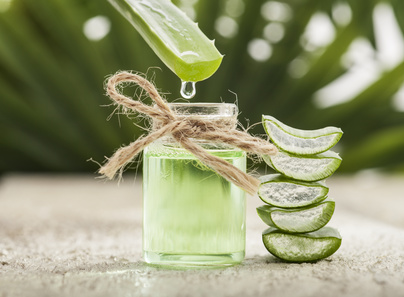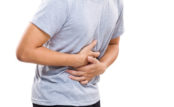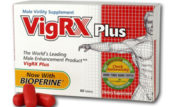Good for the body, good for the mind, red wine has multiple health benefits, including reduced risk of heart disease and Alzheimer’s. Drink red wine for good health, great skin and even some jump to the genitals. But how does it work? What gives red wine its anti-aging benefits and makes it so important to aging well?
Resveratrol is an antioxidant compound that gained attention in the 1990s, when researchers examined red wine for its anti-aging properties and if it might indeed extend one’s life. And while its anti-aging benefits have been demonstrated in mice and rodents, a recent study claims proof of the same benefits in humans.
The study, conducted by the University of Buffalo, took place over six weeks and consisted of 20 people. Researchers split the group in half, with ten participants in a group receiving a placebo pill and the other a 40 milligram supplement of resveratrol. The researchers took blood samples from the participants at the beginning of the study, and again at weeks one, three and six.
The results will garner attention from anyone with an interest in living well and how to reduce risk of a variety of ailments associated with aging – resveratrol suppressed generation of free radicals in the supplement group, and the placebo did nothing.
Free radicals are unstable molecules that release inflammatory substances in the blood. Wrinkles, accelerated aging and conditions including Alzheimer’s and heart disease are linked to free radicals and degeneration of cells.
The researchers also noted that resveratrol suppressed an inflammatory protein tumor, TNF, and other compounds that inflame blood vessels and inhibit insulin, raising insulin resistance and risk of diabetes. Dietary sources of resveratrol include:
Red wine and grapes – The most common source of resveratrol, one ounce of red wine might have up to 1,000 micrograms of resveratrol. You’ll get more resveratrol in red wine than white, which isn’t fermented with grape skin and loses health benefits in the process.
Blueberries – A true super-food, blueberries are loaded with antioxidants and resveratrol is among them. Studies link blueberries to enhanced cognitive function and reduced risk of Alzheimer’s.
Dark chocolate – Proof that chocolate can be good for your health, dark chocolate is the second leading source of resveratrol, after red wine.
While the results suggest that resveratrol suppressed free radicals and might reduce the effects of aging, it’s possible that it wasn’t resveratrol, rather another anti-inflammatory within the extract responsible for the effects. The researchers note that just 20% of the supplement was resveratrol, and when further studied, the remaining ingredients might hold further promise as a free radical suppressant and link to aging well.
That said, resveratrol persists, for its purported anti-aging benefits and its ability to prevent common killers like diabetes and heart disease. And considering that the latter accounts for 25% of all deaths in the United States and is the leading killer of men and women in Canada and the United Kingdom, there’s little to lose in exploring resveratrol and what it might do.
We protect your privacy, and we use cookies to optimize your experience. Continued use of the website means you accept our Cookie Policy and Privacy Policy.




